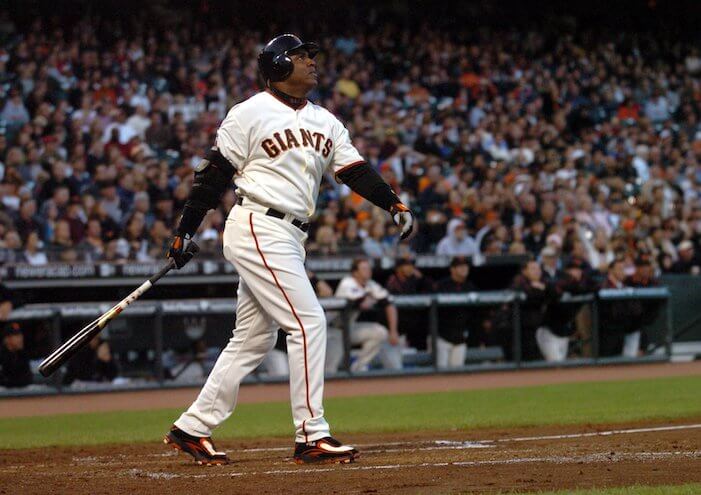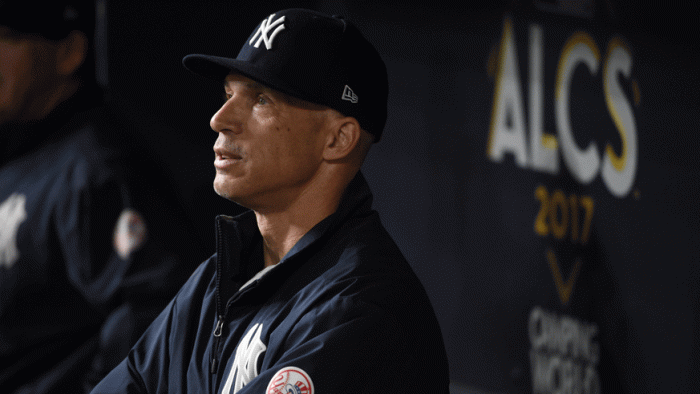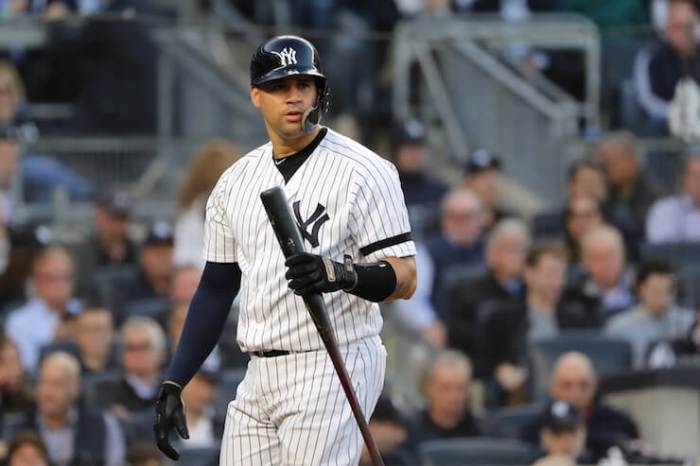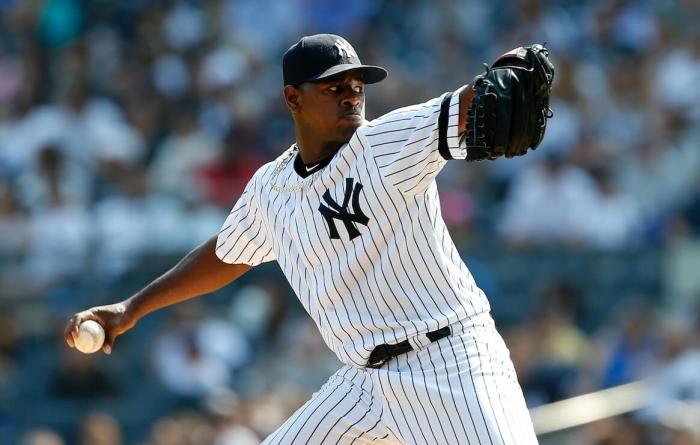The voting process for the Baseball Hall of Fame has become quite the convoluted, maligned, and controversial process.
What once was the highest honor for a baseball writer has created a target on their backs due to the fundamental ideologies that split the baseball-viewing world.
These are pivotal times in Major League Baseball. While commissioner Rob Manfred is entrenched in an investigation of the Houston Astros’ sign-stealing scandal, he’s also attempting to keep the game more relevant to a younger generation who refuse to watch a ball game for three hours.
Blame technology, blame millennials, blame whomever you’d like. But the fabric of America’s Pasttime is under attack — which will have baseball purists around the world up in arms.
But that’s another column for another day.
I used to consider myself a baseball purist — believing that the game was as pure as it could be following Jackie Robinson’s debut in 1947.
Before he broke the color barrier, baseball was a game of mythical contradictions.
For a game that represented America and all that was right with democracy, it excluded more than it included.
Cheating — in the form of throwing games for bettors or having pitchers doctor baseballs or, yes, even sign stealing — was commonplace.
And in my ignorance, I thought baseball corrected itself throughout the decades. The spitball was outlawed and the harshest punishments were implemented on those who bet on the game (see the 1919 Chicago White Sox or Pete Rose).
Though I still truly believe that “Shoeless” Joe Jackson should be in the Hall of Fame and was duped into the ring that saw the White Sox throw the World Series.
So, naturally, I looked at the sweeping steroid epidemic that gripped Major League Baseball at the turn of the millennia as the largest threat to baseball.
The players that defined the game during my childhood — Mark McGwire, Barry Bonds, Rafael Palmeiro, Sammy Sosa, Alex Rodriguez, Roger Clemens — were found guilty of taking PED’s, which gave them an unfair advantage in what I always believed was mostly a fair game.
It tainted their career achievements and has withheld them from the Baseball Hall of Fame as the writers responsible for voting them in have policed the situation with the most ardent fervor.
For the most part, I had agreed with them.
That meant keeping out Bonds, Major League Baseball’s all-time home-run king with 762 round-trippers.
Last year, he received 59.1-percent in his seventh year on the ballot. A player needs 75-percent of the vote for enshrinement and at least five-percent to stay on the ballot for the next season.
Now in his eighth year of eligibility, he has three more shots to get in before the 10-year limit eliminates him from the ballot.
That meant keeping out Sosa, who ranks ninth on that list with 609 home runs. This is also his eighth time on the ballot and he received just 8.5-percent of the vote last year.
Rodriguez, who ranks fourth with 696, could also experience these same difficulties when he’s eligible for enshrinement in 2022.
Palmeiro was considered one of the greatest all-around hitters of his generation. Recording 3,020 hits and 569 home runs.
But he’ll forever be remembered for wagging his finger in defiance at a grand jury in 2005 while denying his steroid use. A few months later, he tested positive.
He’s not even on the ballot. Neither is McGwire.
Clemens is one of the greatest pitchers in MLB history with 354 wins, seven Cy Young Awards, and 4,672 strikeouts. Yet he was at 59.5-percent of the vote last year as he enters his eighth year of eligibility.
Up until the last few years, I was perfectly fine with not seeing these players gain access to the Hall of Fame.
They cheated. They didn’t deserve it.
But then I started doing some digging and realized that baseball has always had its notable cheaters. And they’re in Cooperstown.
While steroids received all the publication after the Mitchell Report’s release in 2007, amphetamines were a much larger problem for much longer.
Whether it was “greenies,” or “beans,” or “uppers,” ballplayers from the 1950s to the 2000s would take amphetamines, which amped up the central nervous system. This honed in a player’s concentration, aiding in the all-so popular term “locked-in.”
Think of the biggest names in baseball from that era. Chances are, they were linked to amphetamine usage.
Hank Aaron — baseball’s home-run king before Bonds — admitted to using amphetamines. So did Rose.
The likes of Willie Mays, Mickey Mantle, and Willie Stargell have also been linked to greenies over the years.
It is believed Mantle also used a corked bat — as discovered during a 2013 auction of one of his game-used bats — and was injected with a cocktail of amphetamines and steroids during the famous 1961 home-run race between him and Roger Maris.
Even Babe Ruth used a laminated bat — which was later outlawed — during the 1923 season. He also allegedly injected himself with sheep-testicle extract to try and gain an advantage at the plate.
You can’t split hairs and say one form of cheating or using unnatural tactics to gain an edge is more egregious than another.
The list of players who looked to gain an unfair advantage in baseball is endless and for the most part, undocumented in the Hall of Fame besides pitchers in the Deadball era.
Why should Bonds, Clemens, and Sosa — amongst others — be barred while others skated into the hall?
It’s hypocritical.
It’s time to let these guys into the Hall of Fame before their eligibility runs out.



















